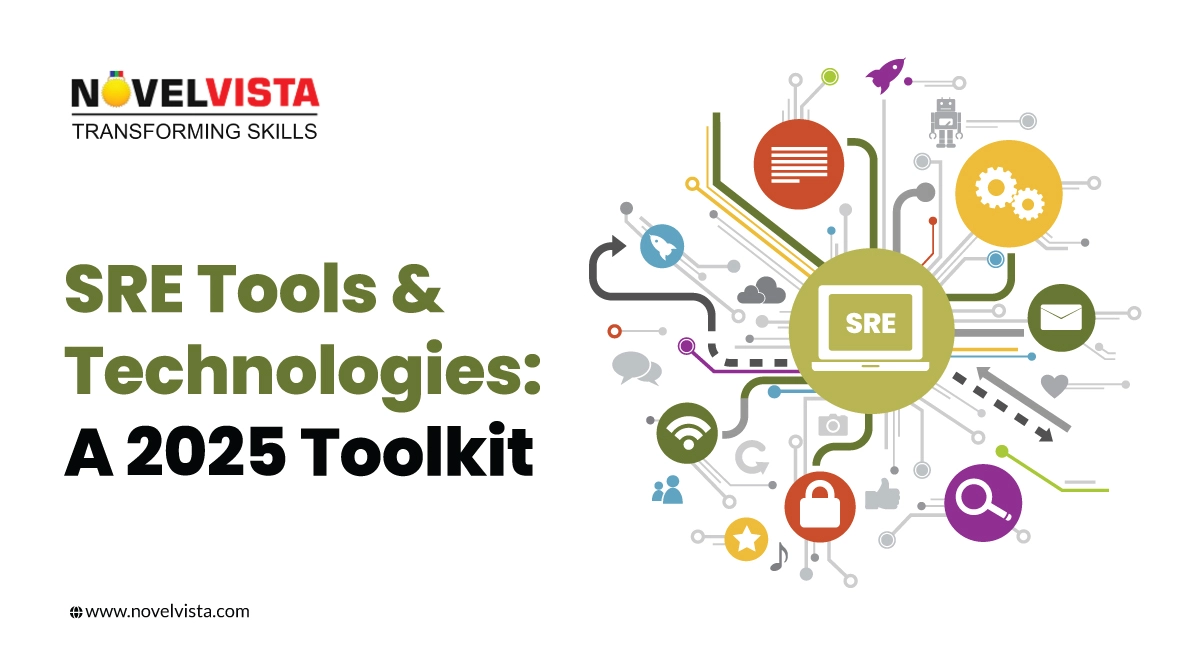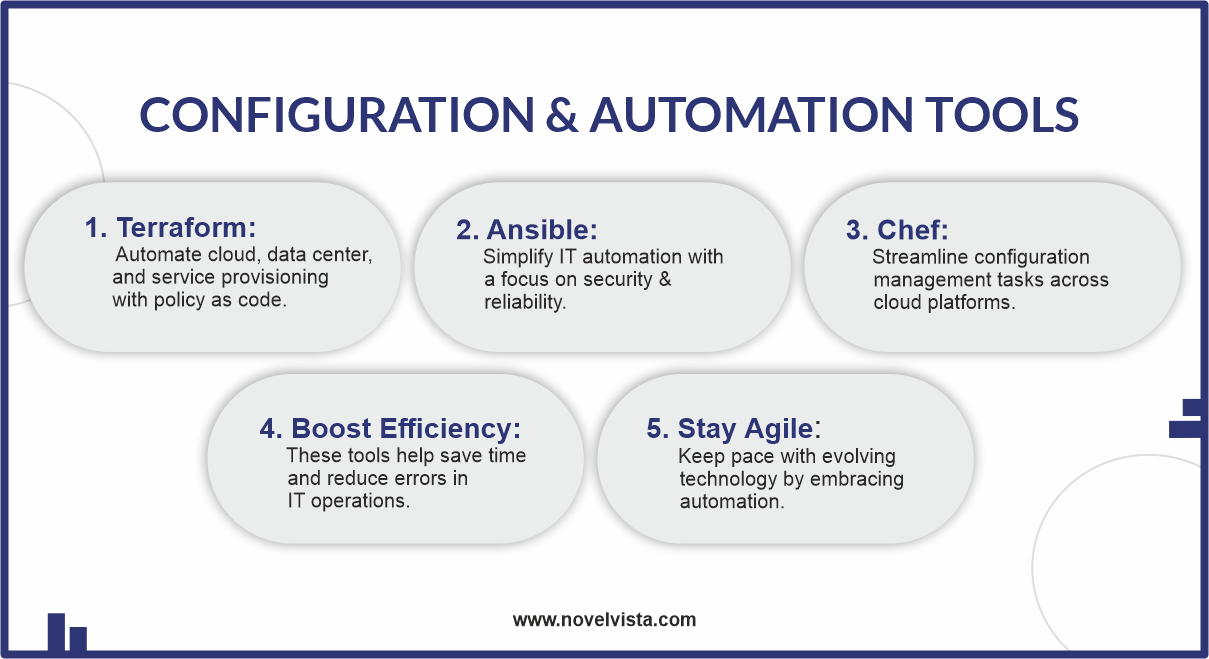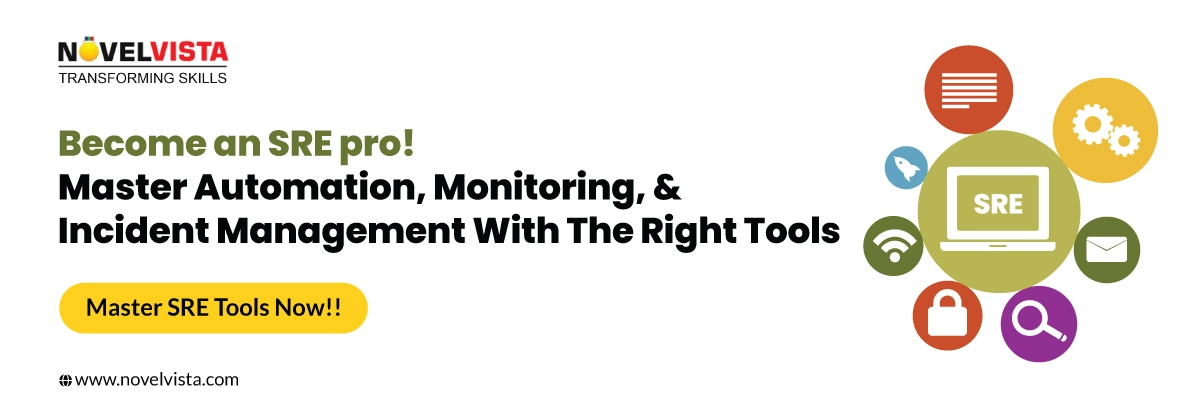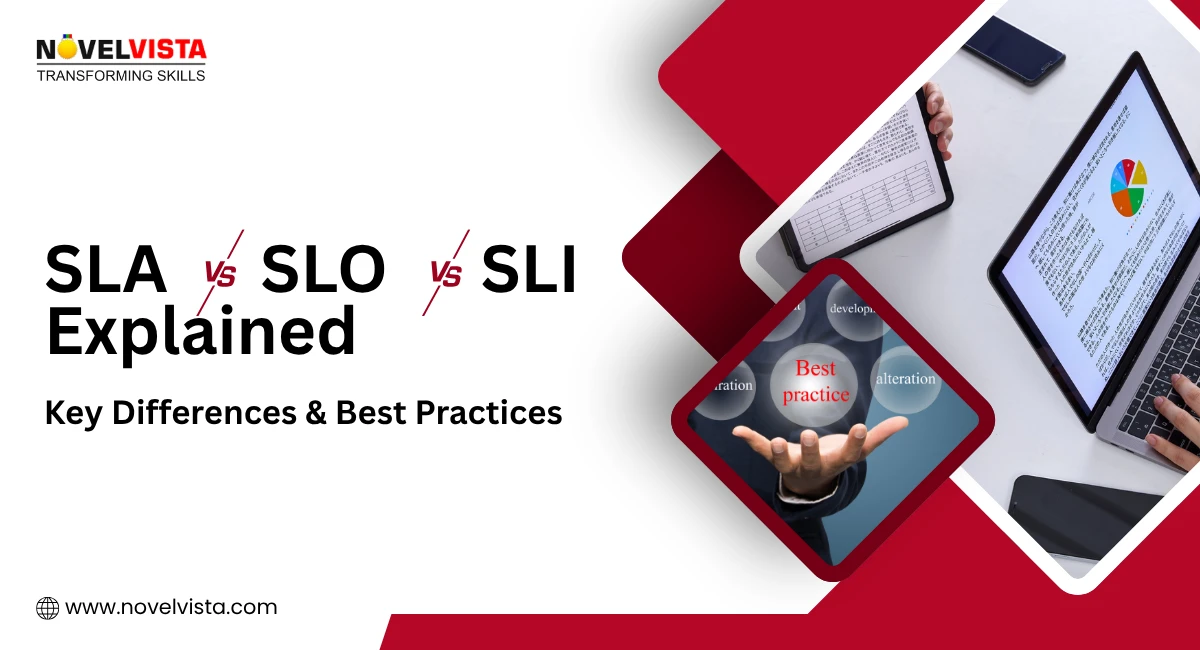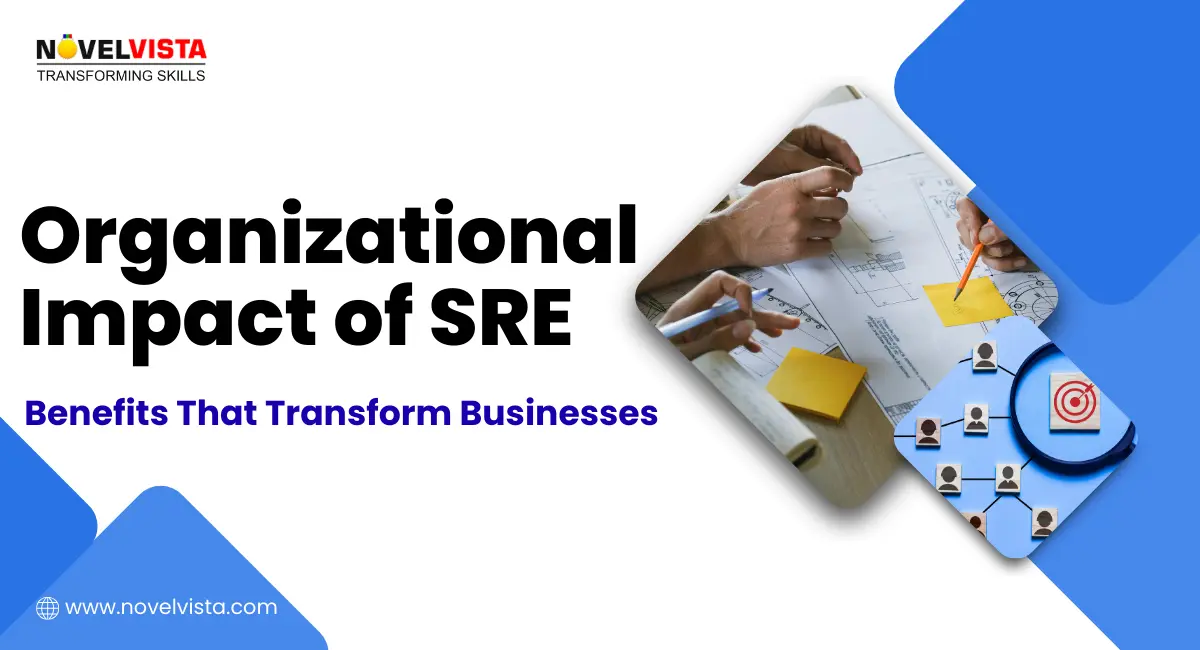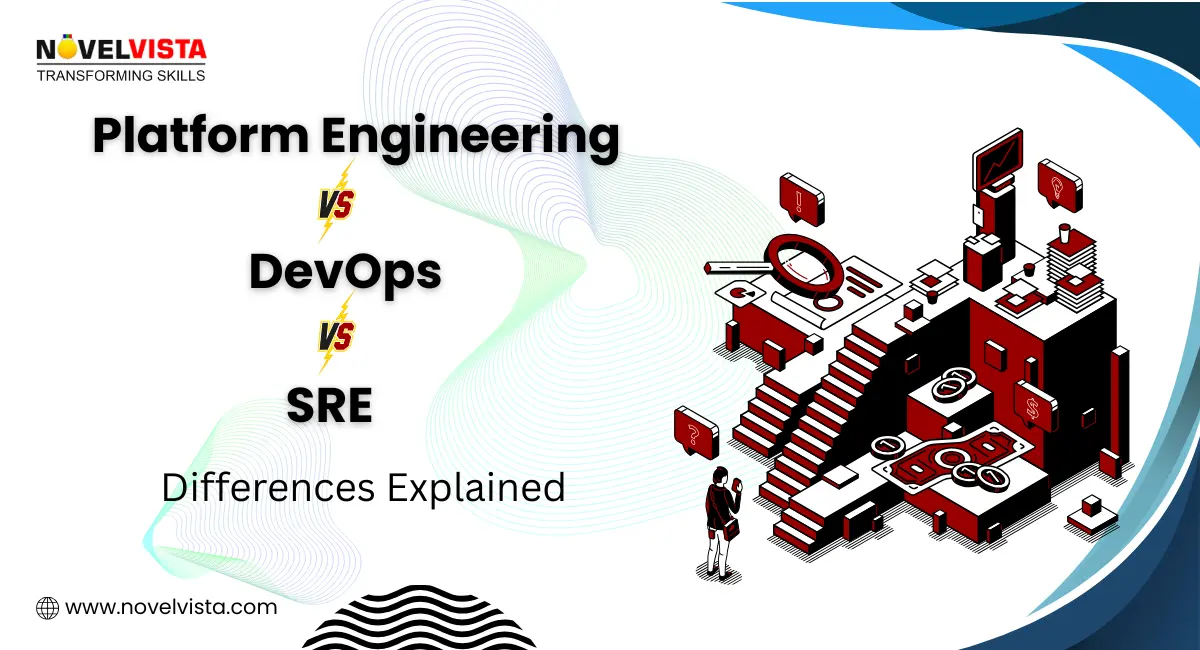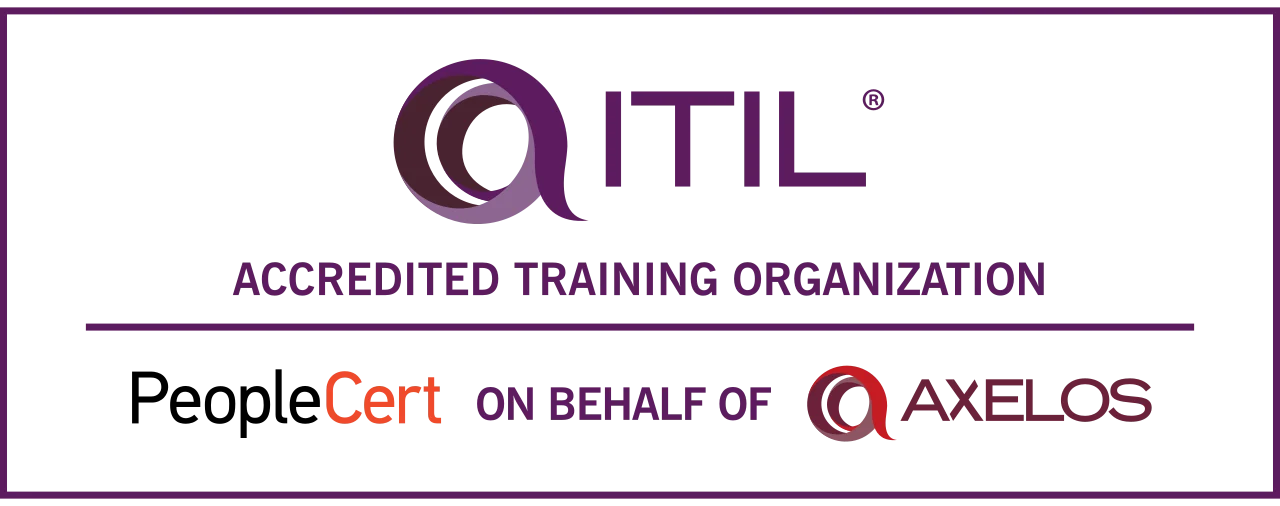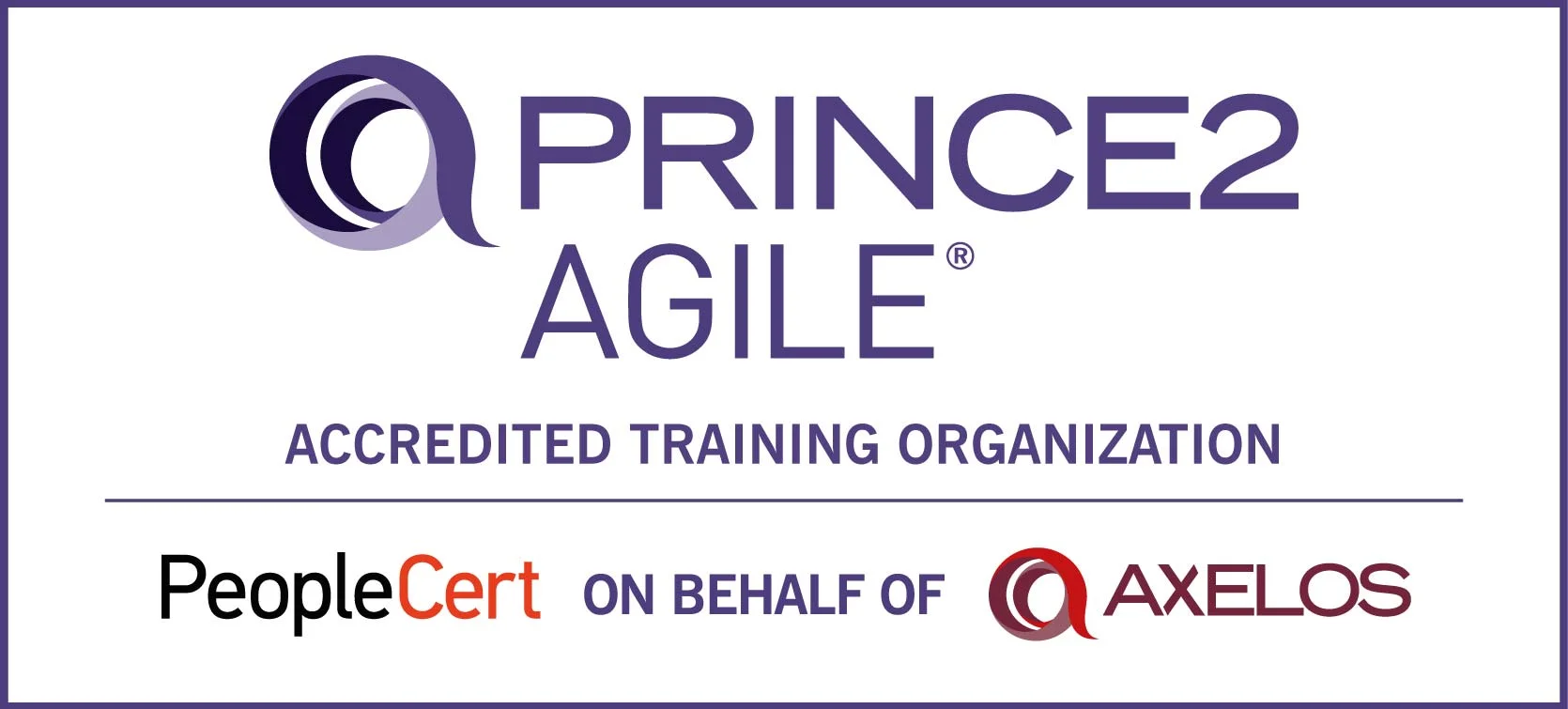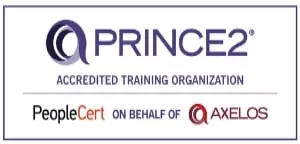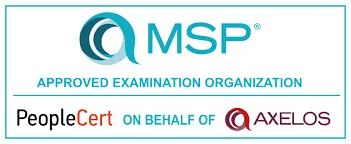- A Quick Review of SRE
- 2025 Toolkit for SRE
- Monitoring and Observability Tools: Keeping an Eye on Your System Like a Pro!
- Containers
- Monitoring and Analytics Tools
- Application Performance Monitoring Tools
- On-Call Management Tools
- Incident Management Tools
- Configuration and Automation Tools
- Additional Tools for Site Reliability Automation: Work Smarter, Not Harder
- Real-Time Communication: Because Every Second Counts!
- Final Thoughts
SRE tools are essential for modern DevOps and Site Reliability Engineering, helping teams ensure software reliability, scalability, and performance. Some of the best tools used by SREs include Prometheus for monitoring, Grafana for visualization, Kubernetes for container orchestration, and Ansible for automation. These tools enable SREs to streamline operations, optimize code, and maintain system stability.
As businesses grow, the scope of an SRE tools expands, requiring them to juggle multiple projects while automating repetitive tasks, monitoring performance dashboards, and updating infrastructure. SRE certification equips professionals with practical knowledge of these tools and core practices, preparing them to drive software reliability effectively.
Highlights:
- SRE is a software engineering method that transforms traditional IT operations by automating tasks, controlling systems, and addressing problems through software.
- Site Dependability Engineering aims to optimize application service availability, latency, speed, scalability, security, and dependability.
- Organizations can significantly improve their operational efficiency and system reliability by adopting SRE methodologies and leveraging the correct set of
SRE tools. - Toolkit of SRE
A Quick Review of SRE
Site Reliability Engineering (SRE) uses software and automation to manage IT operations, enabling teams to scale and maintain production systems efficiently. By automating tasks, SRE teams ensure high availability, performance, and reliability of software systems. With tools for automation, incident management, and monitoring, SRE optimizes operations and helps businesses deliver dependable services.
Want to learn more? Explore our comprehensive guide and roadmap for Site Reliability Engineering.
2025 Toolkit for SRE
SREs need to standardize the SRE tool stacks to support the fast-evolving teams of software engineers in a scalable and efficient manner. The following are the different toolkits that SREs can leverage to perform their operations and tasks effectively.
Foundation Tools in SRE
1. Docker
One container, or Docker container, may hold both the source code for an application and its dependencies. Docker is a well-known open-source containerization technology. Applications may be packaged and run in various contexts with Docker and other containerization technologies, eliminating the need to consider specific system configurations or operating systems.
Applications become more portable due to this adaptability, as they may operate anywhere without concern about external circumstances. Furthermore, containerization technology facilitates continuous integration and delivery (CI/CD), enabling developers to change code continually and launch applications more quickly and effectively.
2. Kubernetes
Kubernetes is the open-source container orchestration system used to assist in deploying, scaling, and maintaining containerized applications. Environments can be complex, consisting of multiple platforms or more cloud environments. Kubernetes is used to manage all of these.
While this might seem remarkably familiar to Docker, Kubernetes is not the direct competitor to Docker, as Kubernetes can be used in addition to the Docker Platform. However, Docker has an orchestration solution called Docker Swarm. Kubernetes manages many containers simultaneously, helping to evolve applications without interrupting service to users and monitoring the overall health of applications.
Monitoring and Observability Tools: Keeping an Eye on Your System Like a Pro!
Let’s face it, keeping a system running smoothly isn’t just about fixing things when they break; it’s about stopping issues before they happen! That’s where SRE monitoring tools come into play. Here are some essential SRE Tools used by SRE teams:
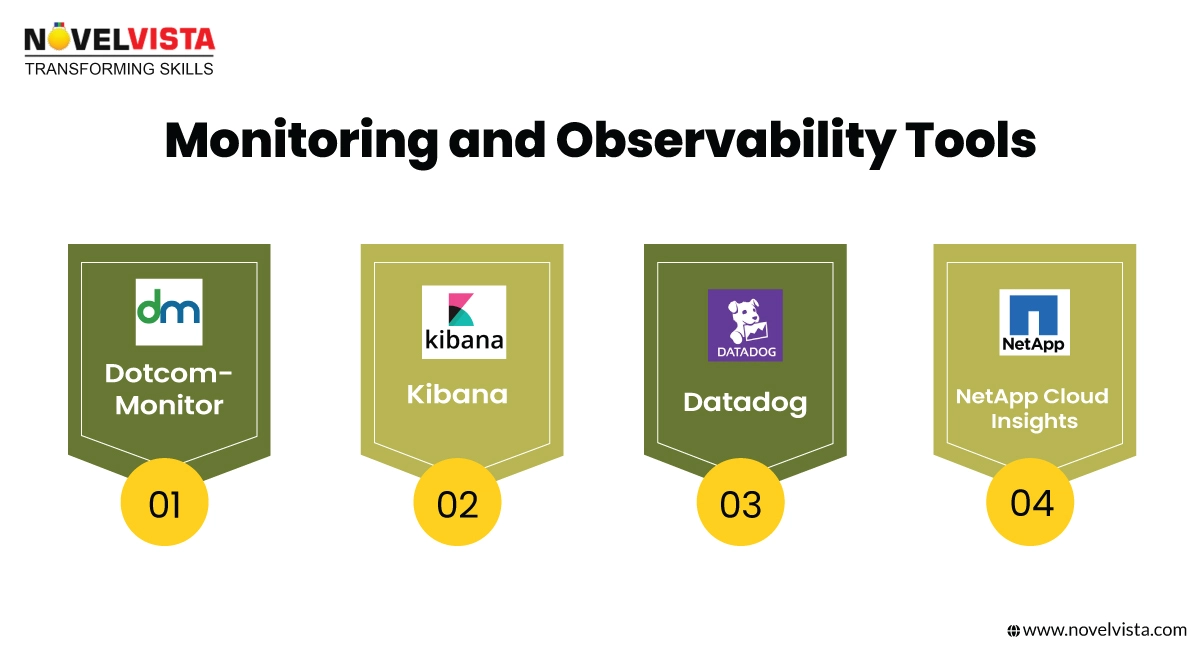
1. Dotcom-Monitor
Think of this as your website’s health tracker. It monitors real users and simulates visits to ensure your site performs at its best.
2. Kibana
Data is useless if you can’t see it. Kibana helps you visualise logs and metrics so you can make intelligent decisions
3. Datadog
The ultimate APM tool (Application Performance Monitoring) gives you a 360-degree view of your application’s health, from infrastructure to code performance.
4. NetApp Cloud Insights
Spot infrastructure slowdowns before they cause trouble and optimise cloud resources on the go.
Want to master SRE best practices and get hands-on with SRE tools? Check out SRE Practitioner Training and Certification
Containers
- Docker: One container, or Docker container, may hold both the source code for an application and its dependencies. Docker is a well-known open-source containerization technology. Applications may be packaged and run in various contexts withDockerand other containerization technologies, eliminating the need to consider specific system configurations or operating systems.
Applications become more portable due to this adaptability, as they may operate anywhere without concern about external circumstances. Furthermore, containerization technology facilitates continuous integration and delivery (CI/CD), enabling developers to change code continually and launch applications more quickly and effectively.
- Kubernetes: Kubernetes is the open-source container orchestration system used to assist in deploying, scaling, and maintaining containerized applications. Environments can be complex, consisting of multiple platforms or more cloud environments. Kubernetes is used to manage all of these.
While this might seem remarkably familiar to Docker, Kubernetes is not the direct competitor to Docker as Kubernetes can be used in addition to the Docker Platform. However, Docker has an orchestration solution called Docker Swarm. Kubernetes manages many containers simultaneously, helping to evolve applications without interrupting service to users and monitoring the overall health of applications.
- Nomad: Nomad is also a container but is different from Kubernetes. It’s much simpler regarding the number of services it relies on. It doesn’t require or isn’t based on any external services. Businesses known to use or have used Nomad are Roblox, Pandora, etc.
Monitoring and Analytics Tools
- Prometheus: Another open-source program that site reliability engineers utilize is called Prometheus. Because of its wide range of capabilities and support for plugins, it is one of the most widely used tools among SREs and works well with Kubernetes.
Prometheus gathers metrics about your applications and infrastructure, monitors them, and produces data through dashboards and visualizations.
- Grafana: SREs utilize Grafana, an open-source analytics and monitoring application, to quickly display metrics and data. Grafana may also be set up with several alerts, immediately alerting the right teams or people when problems arise.
The most crucial metrics may be set into dashboard panels. Grafana supports many data sources, including Prometheus, MySQL, Elasticsearch, SQL, AWS, and others.
- Splunkis a generalized tool that is best for managing big data and deriving actionable insights, boasting full-stack visibility at any scale.
- Dynatrace: It allows SREs to monitor the entire infrastructure behind an application. AI-powered Dynatrace can track your network traffic, host CPU usage, response times, etc.
Application Performance Monitoring Tools
- Appdynamics: Full Stack observability platform that offers real time data insights for system performance and supports in driving business growth and productivity. AppDynamics concentrates on offering intelligent, business-centric insights into application performance.
It provides real-time visibility into the user journey, infrastructure, and application code. With the capabilities and potential of Machine Learning, this tool can predict and prevent performance problems.
- New Relic: Simple observability tool that helps development teams analyze, instrument, optimize, and troubleshoot the entire tech stack.
We know that there are different platforms that provide certifications, but Novelvista’s SRE certifications will equip you with in-depth knowledge and real-time practices. It not only helps you in your work but also fortifies you with trends in SRE tools.
On-Call Management Tools
- Pager Duty: This tool provides automated incident management, facilitating on-call scheduling. Also, it has more than 700 integrations with services such as JIRA, ServiceNow, AWS, and Salesforce.
- Splunk On Call: This is called VictorOps; it’s the on-call management tool engineers make for other engineers. It has an edge regarding contextual support, providing the targeted approach for resolution at each step of the way.
- Opsgenie: This on-call management tool provides flexibility for various teams and approaches; this dynamic report also supports identifying the key areas for enhancement.
20 Best SRE Tools Guide
Master the tools trusted by Google, Netflix, and Amazon to keep systems running and grow your SRE career
Incident Management Tools
1. ServiceNow
A robust ITSM platform that streamlines incident tracking, automates workflows, and provides real-time dashboards for faster resolution and improved service reliability.
2. PagerDuty
Real-time incident response platform with automated notifications, escalation policies, and analytics, helping teams manage critical events efficiently and reduce service disruptions.
3. Opsgenie
Focused on alerting and on-call management, Opsgenie ensures critical incidents are assigned promptly, escalated appropriately, and resolved with minimal downtime.
Configuration and Automation Tools
- Terraform: With the help of the well-known open-source infrastructure-as-code tool Terraform, SREs may automate infrastructure for cloud, data center, and service provisioning, compliance, and management. Terraform may enforce the policy as code, manage Kubernetes, and connect with current workflows, among many other use cases.
- Ansible: Ansible takes pride in its simplicity in automation administration. With minimal moving components, this command-line IT automation program prioritizes security and dependability.
- Chef: This tool restructures configuration management tasks across the cloud platforms to spontaneously establish new machines.
Additional Tools for Site Reliability Automation: Work Smarter, Not Harder
If you’re an SRE, you love automation. Why spend time doing manual work when you can make your system work for you? Here are some game-changer tools:
Jenkins
One of the go-to SRE CI/CD tools for automating software deployment and ensuring a smooth pipeline.
ELK Stack (Elasticsearch, Logstash, Kibana)
Need centralised logging to track issues? ELK Stack has got your back!
Terraform
What is Terraform? It is nothing but the magic wand of infrastructure automation, helping you provision and scale resources effortlessly.
Ansible
What is Ansible? Think of Ansible as your personal IT assistant, automating system configurations and deployments in just a few clicks.
Using the right SRE tools means you’re automating the boring stuff so you can focus on making things faster, more reliable, and more efficient!
Real-Time Communication: Because Every Second Counts!
Imagine your system is crashing, and you must alert the right team—FAST! That’s where these real-time communication tools shine:
Slack –
Instant messaging + integrations = quick alerts and fast decision-making.
Telegram –
Secure and lightning-fast, great for incident management on the go.
Microsoft Teams –
Do you need a complete collaboration suite? Teams offer chats, video calls, and file sharing.
But wait, how do you handle serious incidents without chaos? That’s where PagerDuty incident response steps in! It automates alerts, escalations, and incident tracking—so you can fix problems before users notice.
Final Thoughts
Mastering SRE tools isn’t just about learning tech—it’s about making life easier for your team. Whether you’re monitoring systems, automating deployments, or responding to incidents, the right tools make all the difference.
Want to take your SRE skills to the next level? Novelvista has you covered with expert-led SRE training. Get started with SRE Practitioner Training and Certification today!
Let’s build more reliable systems, one tool at a time!
Frequently Asked Questions
Author Details

Mr.Vikas Sharma
Principal Consultant
I am an Accredited ITIL, ITIL 4, ITIL 4 DITS, ITIL® 4 Strategic Leader, Certified SAFe Practice Consultant , SIAM Professional, PRINCE2 AGILE, Six Sigma Black Belt Trainer with more than 20 years of Industry experience. Working as SIAM consultant managing end-to-end accountability for the performance and delivery of IT services to the users and coordinating delivery, integration, and interoperability across multiple services and suppliers. Trained more than 10000+ participants under various ITSM, Agile & Project Management frameworks like ITIL, SAFe, SIAM, VeriSM, and PRINCE2, Scrum, DevOps, Cloud, etc.
Confused About Certification?
Get Free Consultation Call

